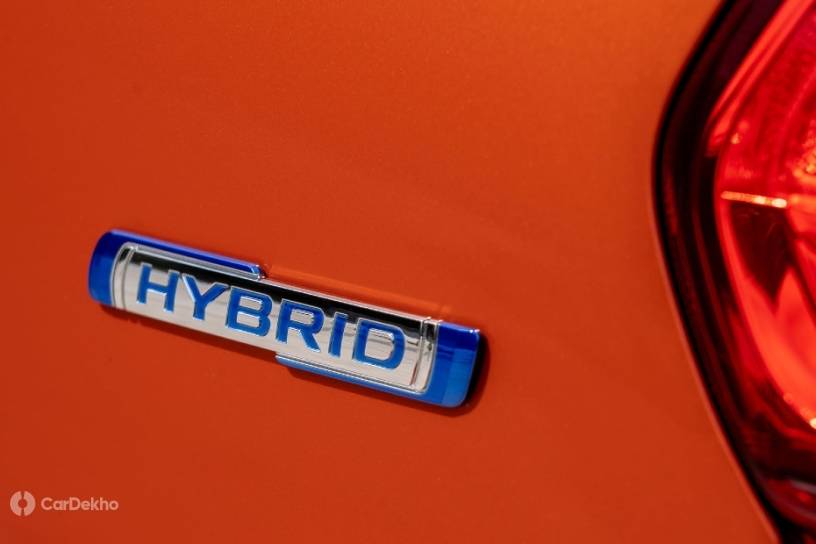Suzuki Reaffirms Electrification Push For Indian Market
Modified On Mar 09, 2021 07:10 PM By Sonny
- Write a comment
The carmaker will continue developing electrification technologies to be introduced in different markets from 2025
-
Suzuki recently shared its new mid-term management plans for 2021-2026.
-
Its plans for the Indian market include retaining market share dominance and promoting electrification.
-
Maruti Suzuki is still the only mass carmaker to offer mild-hybrid tech across hatchbacks, sedans, MPVs, and compact SUVs.
-
The carmaker has delayed the introduction of mass-market EV due to challenges such as high battery costs and lack of infrastructure.
-
No definite timeline for strong hybrids and pure EVs from Maruti, but they are certainly in the works for India.

Suzuki recently announced its latest mid-term plans for 2021-2026. The majority of them concern the carmaker’s global goals like reducing emissions and improving quality assurance. For India, Suzuki stated that it would take an initiative to promote electrification and retain over 50 percent market share in the passenger-car segment.
Suzuki also stated it would continue developing electrification technologies and fully implement them in offerings from 2025. As such, we can expect more cost-effective electrified offerings from Maruti in India around the same time.


Maruti was one of the earliest carmakers to introduce electrification to the mass market. Its mild-hybrid systems may seem like a tiny step as compared to strong hybrids and pure EVs. But combined with their scale of operations, the slightly reduced emissions and improved efficiency from the mild-hybrid systems is still a significant step in the same direction. It is also worth noting that this mild-hybrid tech still puts Maruti ahead of most mass-market rivals in India in the push for electrified mobility.
The latest announcement from Suzuki reaffirms the brand’s plan to push for electrified models in India. At the Auto Expo 2020, it had showcased the Swift hybrid that featured an electric motor with the 1.2-litre petrol engine and a claimed fuel economy of 32kmpl (Japanese test cycle).

Meanwhile, the all-electric Wagon R, that has been fleet-testing since 2018, is still on hold due to a lack of charging infrastructure, costly EV batteries, and inadequate government support.

To tackle the problem of high battery costs, Maruti Suzuki has signed an MoU to set up a battery manufacturing plant in Gujarat in collaboration with Toshiba and Denso. Sure, strong hybrids and mass market EVs from Maruti could still be a few years away. But one can expect the carmaker to introduce an improved version -- probably like the 48V system in Europe -- of mild hybrid tech to better fuel-economy and reduce emissions. Maruti currently provides its mild-hybrid tech with the Baleno, Vitara Brezza, Ertiga, XL6, S-Cross and the Ciaz.















